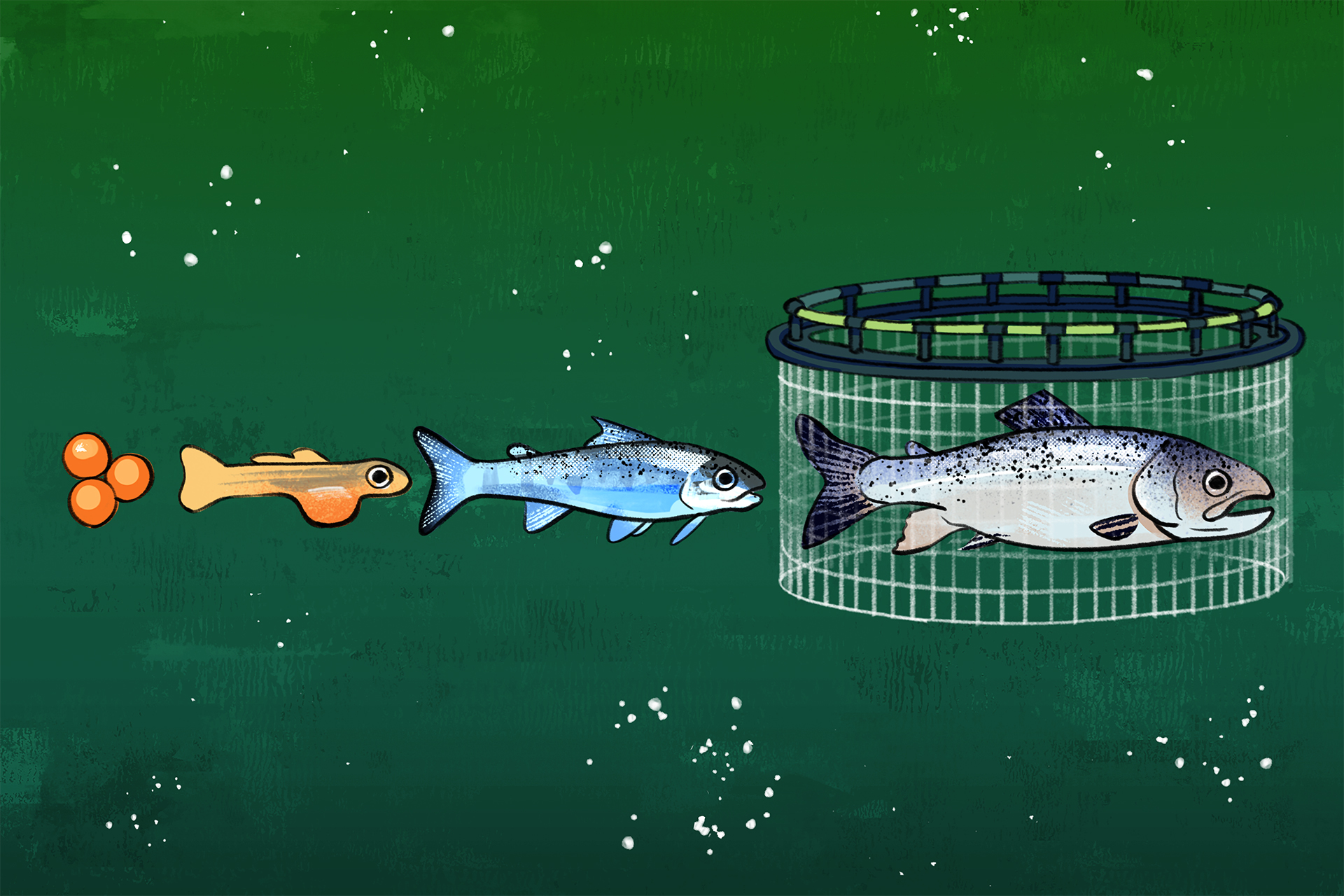The global appetite for salmon has fueled an aquaculture boom, transforming the way we source this popular fish. But beneath the surface of seemingly sustainable salmon farms lies a complex web of environmental and ethical concerns. Have we traded wild salmon populations and ocean health for readily available fillets?
The Rise of Underwater Factory Farms
In 2022, a pivotal moment arrived: for the first time, farmed fish production surpassed wild-caught fish. This milestone signifies humanity’s most ambitious animal domestication project to date, dwarfing even the domestication of land animals like chickens and cows. Salmon farms, often consisting of densely packed enclosures, now dot coastlines worldwide, raising concerns about their impact on marine ecosystems. The sheer scale of these operations raises critical questions about sustainability and animal welfare.
Environmental Costs and Ethical Concerns
While proponents tout aquaculture as a solution to overfishing, the reality is far more nuanced. Salmon farming carries significant environmental consequences. The concentration of fish waste in these enclosures can pollute surrounding waters, leading to oxygen depletion and harming other marine life. Furthermore, the potential for disease outbreaks in farmed salmon populations poses a threat to wild salmon stocks, as diseases can easily spread between the two groups. The cramped conditions within these farms also raise ethical concerns about animal welfare.
Searching for Sustainable Solutions
The growth of salmon farming demands a critical examination of its long-term sustainability. While some farms are adopting more responsible practices, such as closed-containment systems that minimize environmental impact, these technologies are not yet widely implemented. Consumers can play a vital role by choosing sustainably sourced salmon, supporting farms that prioritize environmental protection and animal welfare. Ultimately, a transition towards more responsible aquaculture practices, coupled with efforts to protect wild salmon populations, is crucial for ensuring the long-term health of our oceans and the availability of this valuable food source.
The rapid expansion of salmon farming presents both an opportunity and a challenge. While it can provide a reliable source of protein, it’s imperative that we address the environmental and ethical concerns associated with current practices. By prioritizing sustainable aquaculture and responsible consumption, we can work towards a future where salmon farming contributes to, rather than detracts from, the health of our oceans.
Based on materials: Vox





